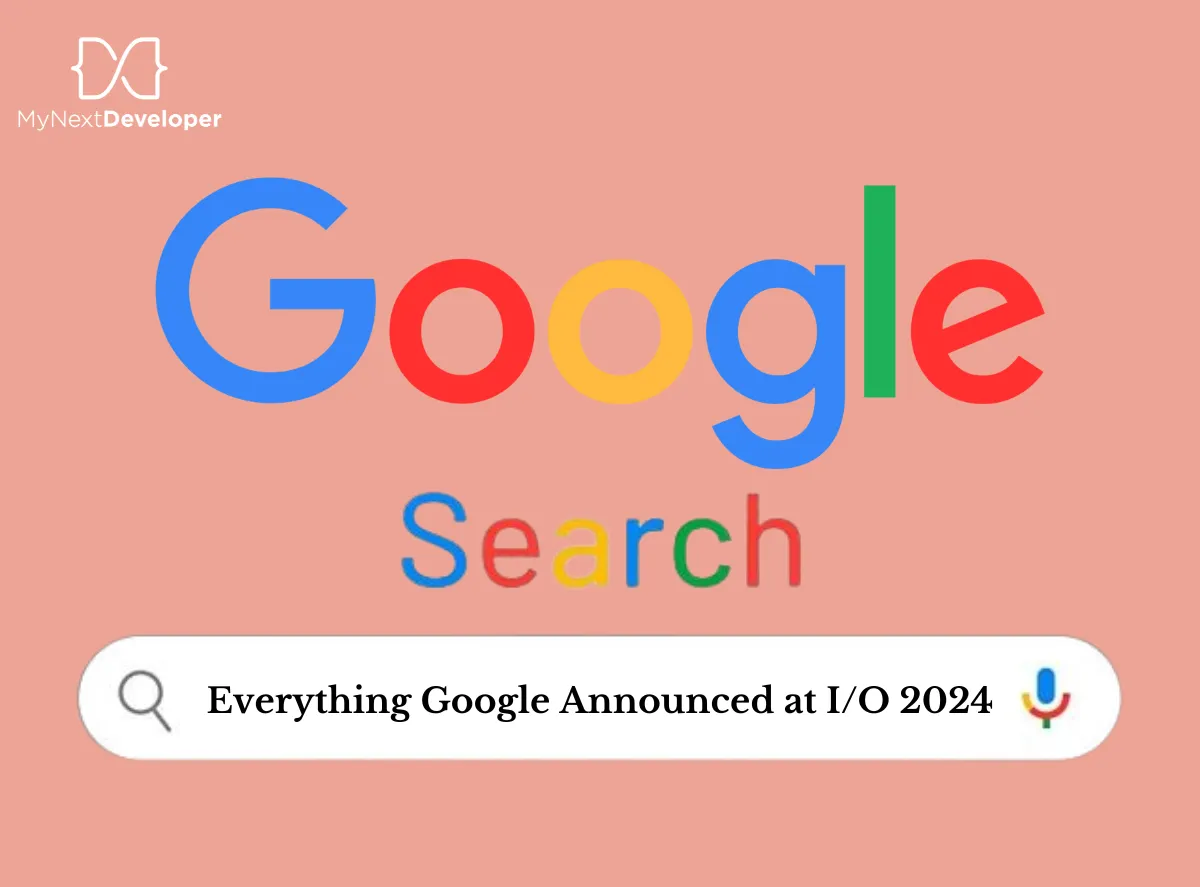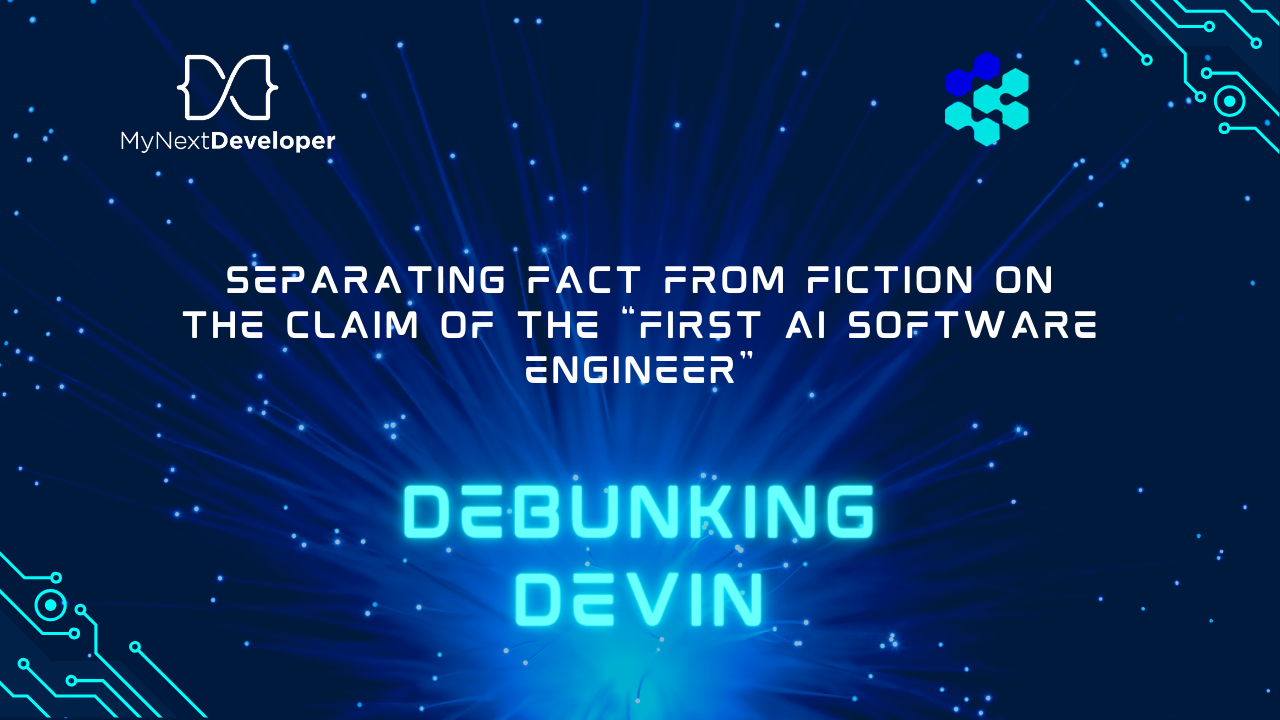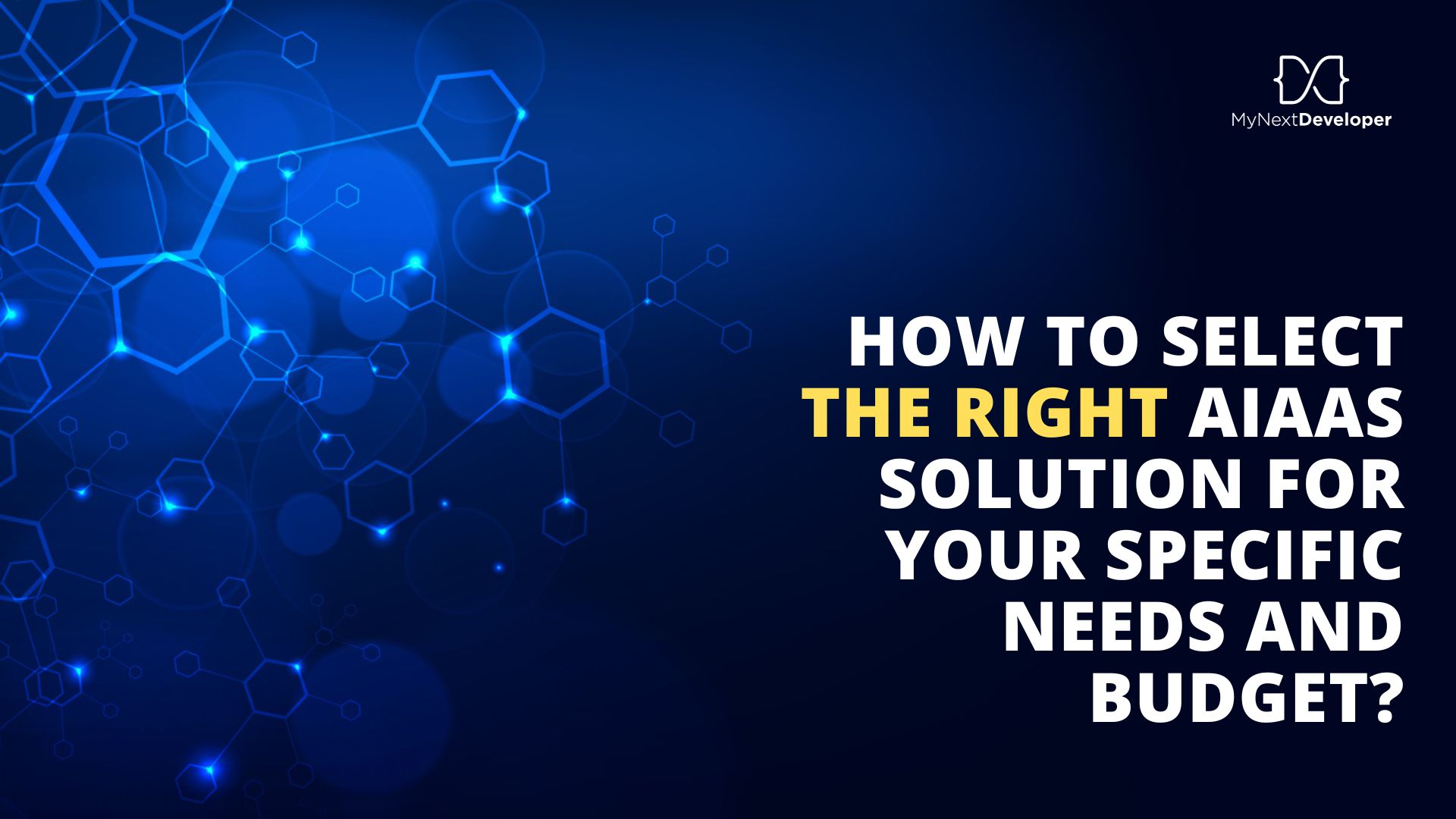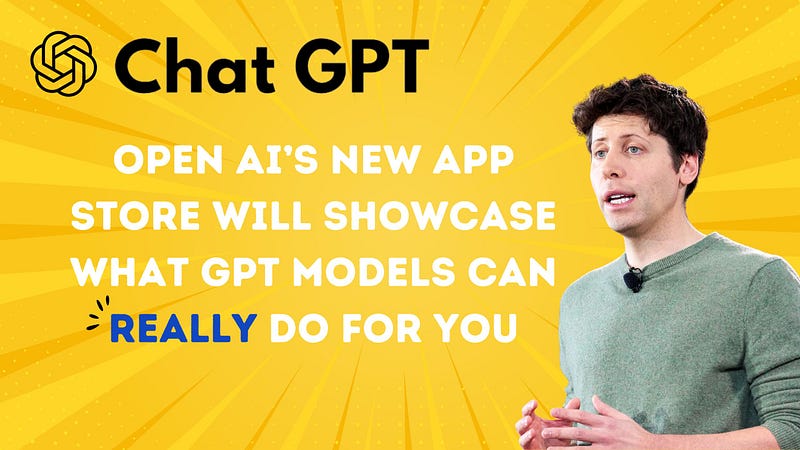How Humans Collaborate with Generative AI in Music?
How Humans Collaborate with Generative AI in Music?
Living in the digital age, it is a known fact that Artificial Intelligence has taken the world by storm. While it is an amazing terrain for exploration, it is equally threatening to humans. Why, you may ask? It is mainly because it is slowly but steadily starting to dominate any and every field of work, including creative endeavours where creativity is of extreme need.
Speaking about the creative field, generative AI models have portrayed remarkable capabilities in producing content — from writing prose to curating musical compositions owing to their deep learning algorithms. But now the real question arises — how can humans effectively collaborate with Generative AI models in creative endeavours, particularly in writing and music composition? And what can be its potential misuse? Certain reports suggest that about 71% of musicians including big household brand names like Katy Perry, Billie Eilish, and Bon Jovi fear the use of generative AI in music.
Embracing Human — AI Collaboration in Composing Music:
Generative AI is Artificial Intelligence that can create new and original content, including music, without explicit human input. These AI models are trained using extensive amounts of datasets of existing music, enabling the system to familiarise itself with the different patterns, structures, and styles that define specific music genres or moods. By utilizing advanced algorithms and machine learning techniques, generative AI can write as well as compose music similar to music curated by a musician with an equal amount of accuracy and creativity.
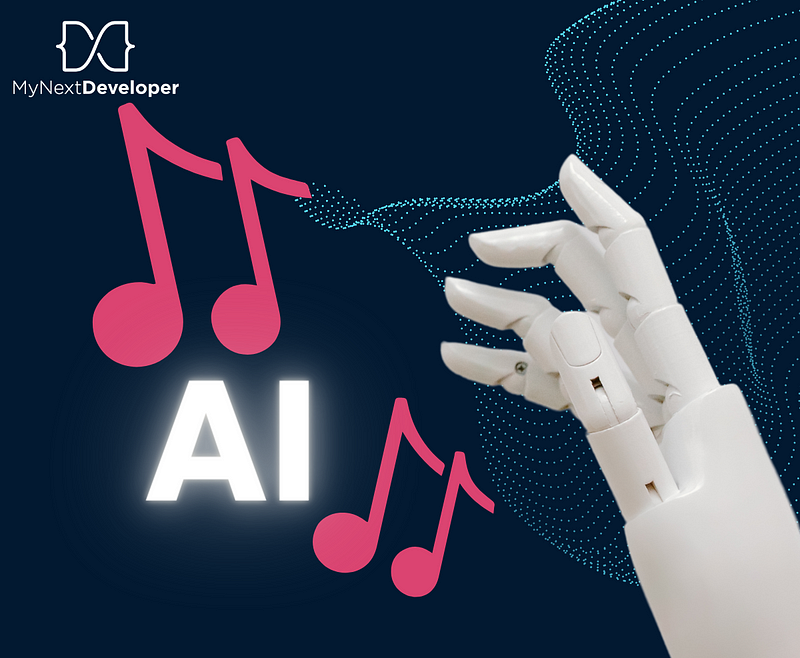
- Putting the Prompt: Humans can put all the required information such as the genre, theme, etc. as prompts, guiding AI models in the creative process. For writers, they could provide a brief outline or a set of keywords to kickstart a form of the lyrics.
- Curating Music: AI-generated results often require human supervision to refine and better the same. Lyricists can polish the AI-generated drafts as per their suitability to maintain the genre and style.
- Inspiration and Expansion: Sometimes, humans take inspiration from AI-generated content and add their personal touch to the music. AI can help lyricists to overcome writer’s block, suggesting new ideas and inspiring them to try fresh approaches while composing music.
- Feedback Loop: Collaboration between AI and humans fosters a healthy relationship and allows for improvements over time. By providing feedback on AI-generated content, musicians can help enhance the model’s understanding of the artistic preferences needed.
Discussing its Potential Misuse:
While there are a plethora of benefits, there is potential misuse of it as well. Several copyright and creativity concerns are highlighted when AI generates music. While the collaboration between humans and generative AI sees immense potential, it is very important to address certain potential risks and misuse:
- Plagiarism and Intellectual Property Violation: Generative AI models work on existing copyrighted music, in a way violating Intellectual Property Rights. Thus, it is crucial to establish a clear set of guidelines and regulations to ensure fair compensation for artists whose work is used by AI and that proper attribution must be given to the owner.
- Loss of Creativity: AI-generated content often lacks the emotional depth and human touch that a musician masters. AI cannot compete with the importance of artistic expression. It is crucial for musicians to strike a balance and know when to use AI tools responsibly, for the sake of creativity and authenticity.
- Biased Ethical Concerns: Generative AI systems are trained on vast and biased content that may sometimes have harmful stereotypes or are insensitive in nature. Thus, generative AI must be carefully put to use to prevent coming up with unethical content.
- Job Loss: Music composers and lyricists stand at a risk of unemployment as and when AI starts jumping into the picture largely.
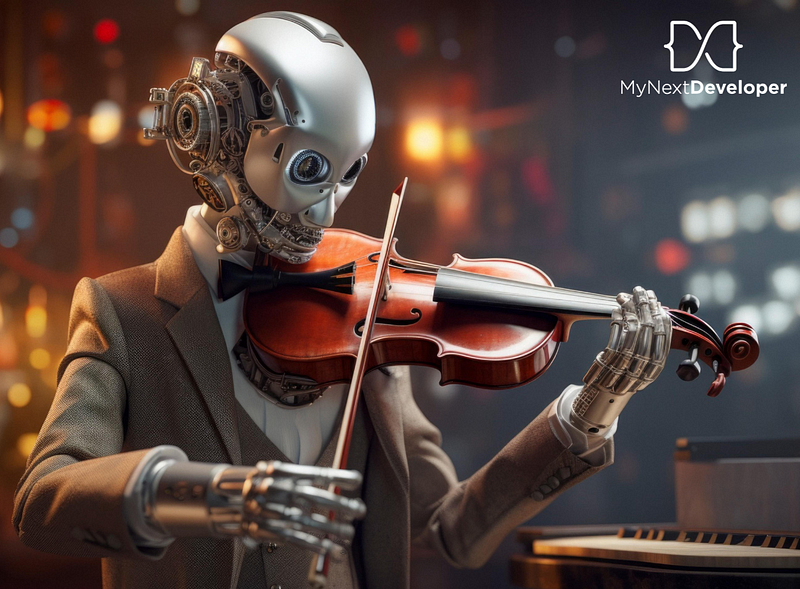
Understanding the Future of Generative AI in Music:
There is absolutely no doubt that the future generative AI holds in music is promising and full of possibilities. Here are a few glimpses into what lies ahead in the future:
- Collaborative Creation: Generative AI can encourage collaboration between human artists and AI models/ systems, enabling the best work of art from both worlds to team up.
- Music Therapy: Generative AI can create personalized music for therapeutic purposes. This would help humans to ease up and release stress and anxiety. Studies suggest that music greatly helps people with disabilities and also to overcome health issues.
- New Genres and Styles: Generative AI can introduce new genres and styles, thus producing a beautiful mélange of traditional elements with AI-generated audio and rhyme.
Conclusion:
In the ever-evolving landscape of digital technology, talks about creativity and generative AI are gaining attention. Although there are concerns regarding potential misuse and ethical considerations, the fact cannot be ignored that the synergy between musicians and AI tools is promising in the music industry. AI models can generate content by feeding it prompts based on genre or theme, directing it to curate melodies and lyrics.
Generative AI algorithms work on existing copyrighted data. The blog also points out some risks and ethical considerations while using AI-generated content. Plagiarism and Intellectual Property violations can attract legal issues if the owner is not given attribution. Another point is creativity and authenticity which AI lacks. Yet, it is safe to say that the future for human and AI collaboration looks very promising since the world is digitally transforming at a fast pace. Bringing in new genres and styles in music and using personalized music as a form of therapy is suggested.
To conclude, it is important to acknowledge and embrace the collaboration between humans and AI using technology. Coupling the unmatched capabilities of AI and the creativity and human touch of musicians, the thrilling world of music will only flourish with time.
Ready to build your tech dream team?
Explore MyNextDeveloper, where you can discover the top 3% of software engineers passionate about innovation. Our on-demand, dedicated, and comprehensive software talent solutions are here to provide you with a one-stop answer for all your software needs.
Visit our website to see how we can help you build your ideal team.


